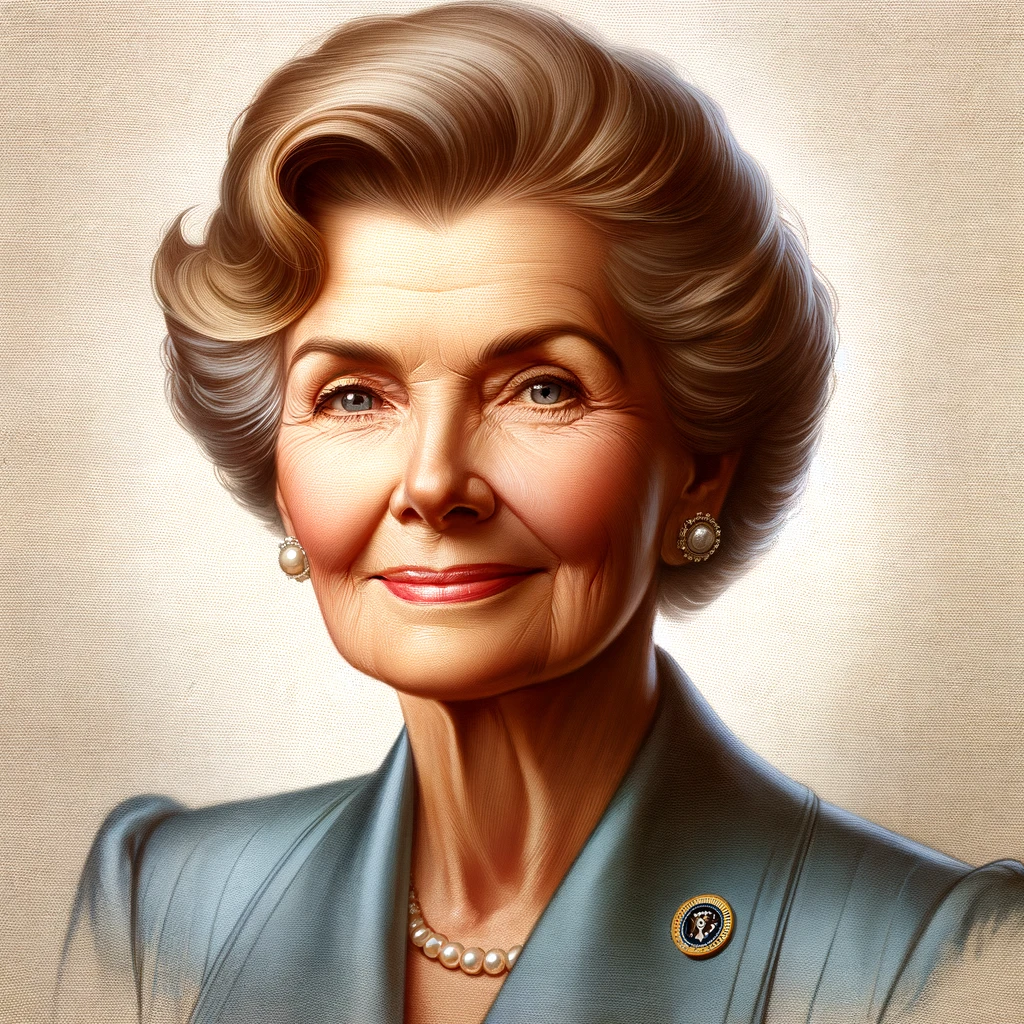Rose Kennedy, born on July 22, 1890, in Boston, Massachusetts, and passing away on January 22, 1995, in Hyannis Port, Massachusetts, stands as a towering figure in American political history. Not through her own political endeavors but as the matriarch of the Kennedy family, she cultivated a legacy that extended the reach of her family into the highest echelons of U.S. politics. Her life, characterized by her steadfast Roman Catholic faith, was a tapestry of personal triumphs and profound tragedies.
Born into privilege as the daughter of John Francis Fitzgerald, a prominent political figure and mayor of Boston, Rose was no stranger to the public eye. From a young age, she was immersed in the world of politics, an experience that would later influence her role within her own family. Despite her father’s reservations, Rose married Joseph P. Kennedy in 1914, aligning herself with a man whose financial acumen would lay the foundation for the Kennedy family’s fortune and political influence.
Together, Rose and Joseph Kennedy raised nine children, instilling in them a fierce competitive spirit and ambition. This upbringing bore fruit, propelling three of their sons to significant political offices: John F. Kennedy became the 35th President of the United States, Robert F. Kennedy served as Attorney General and Senator from New York, and Edward Kennedy became a long-serving and respected U.S. Senator from Massachusetts.
However, the Kennedy family’s journey was marred by heartbreak. The institutionalization of their daughter Rosemary following a failed lobotomy, the deaths of Joseph P. Kennedy Jr. in World War II and Kathleen in a plane crash, the assassinations of John F. and Robert F. Kennedy, and the scandal surrounding Edward Kennedy’s Chappaquiddick incident, all tested the family’s resilience.
Rose Kennedy’s influence extended beyond her immediate family. Her daughters also made significant contributions to society: Eunice Kennedy Shriver founded the Special Olympics, and Jean Kennedy Smith advocated for the intellectually disabled. Despite personal and public tragedies, Rose’s faith and leadership remained the glue that held the Kennedy family together, guiding them through the most challenging times.
The death of her husband, Joseph, in 1969, marked the end of an era, but Rose’s legacy lived on until her death at 104. She left behind a family deeply embedded in American politics and public service, including 28 grandchildren and 41 great-grandchildren, many of whom continued the Kennedy tradition of political engagement.
Rose Kennedy’s life story is not just a tale of personal or familial triumph; it is a reflection of the American spirit, illustrating how faith, resilience, and a commitment to public service can leave an indelible mark on the fabric of a nation.
 Tiny Panda Quotes
Tiny Panda Quotes
